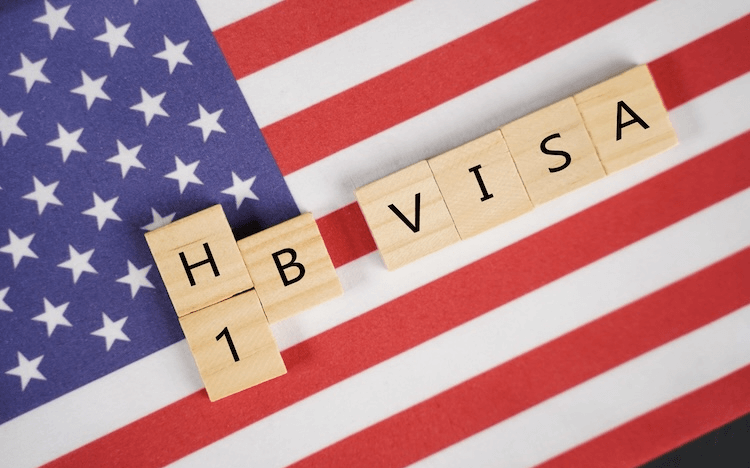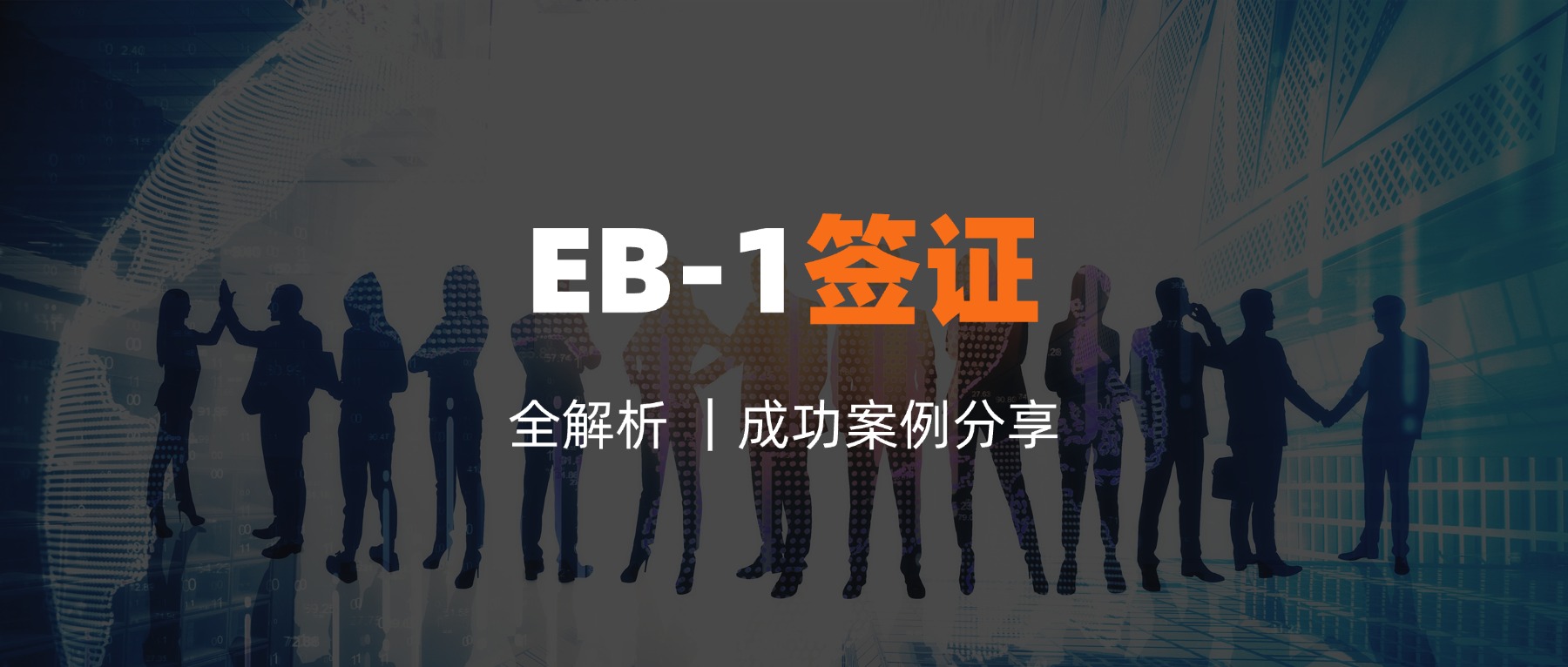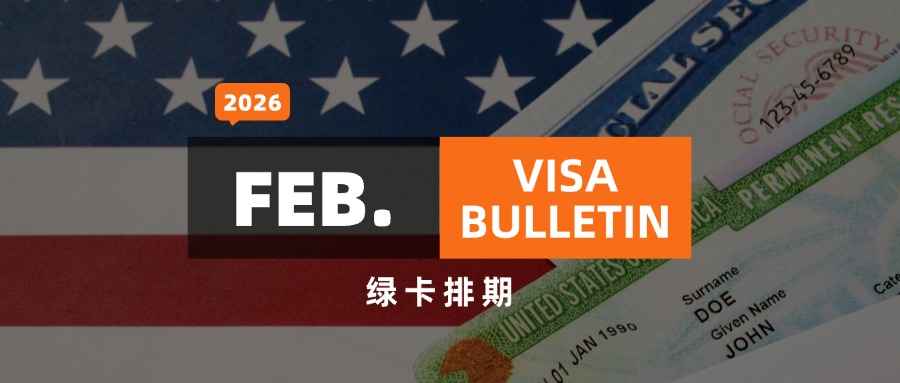
A Comprehensive Guide to the New H-1B Regulations Effective January.17, 2025
The United States Citizenship and Immigration Services (USCIS) announced new regulations for the H-1B visa program on December 17, 2024. These regulations, effective January 17, 2025, aim to enhance application efficiency, increase transparency, and strengthen compliance. Importantly, starting January 17, 2025, the older version of the I-129 form will no longer be accepted, and all applications must use the updated version.
Key updates include modernizing the definition of “Specialty Occupation,” extending flexibilities for F-1 students under the Cap-Gap provisions, and introducing updated guidelines for self-employed H-1B applicants. Below is a detailed analysis of these significant changes.
1. Clarified Criteria for Specialty Occupation
The revised regulations aim to reduce denials caused by ambiguity around what constitutes a Specialty Occupation.
- Stronger Alignment Between Degree and Job Duties: If the job’s responsibilities are directly tied to the applicant’s academic background, the position can qualify as a Specialty Occupation. For example, individuals with degrees in Business Administration or Liberal Arts may now demonstrate a connection between their education and job duties, eliminating previous concerns over “cross-disciplinary” issues.
- Flexibility in Degree Requirements: The regulations now specify that while a bachelor’s degree is “typically” required, it does not have to be an absolute prerequisite in all cases. This refinement accommodates roles where extensive experience or alternative qualifications may suffice.
2. Expanded Cap-Gap Period for F-1 Students
The updated rules provide much-needed relief for F-1 visa holders transitioning to H-1B status:
- Extended Authorization Through April 1: Under previous rules, students whose H-1B petitions were not approved by October 1 were required to stop working for their employers. The new regulations extend this work authorization through April 1 of the following year, provided the petition is not denied, rejected, or issued a Request for Evidence during that time. This change offers greater continuity for both students and employers.
3. Enhanced Guidelines for Self-Employed Applicants
USCIS has provided detailed instructions for entrepreneurs seeking H-1B status, particularly those with significant ownership stakes in their sponsoring companies:
- Approval Timelines: Initial approvals and first extensions are limited to 18 months each. Subsequent extensions may be granted for up to three years, with a cumulative maximum of six years.
- Demonstrating Business Viability: Entrepreneurs must show that their businesses are legitimate, operational, and capable of meeting payroll obligations. Evidence may include contracts, tax filings, and financial statements. Additionally, companies must not be created solely for the purpose of filing an H-1B petition, and the business’s stability must not be dependent on the applicant’s presence.
- Job Role Compliance: Applicants must provide evidence that their primary responsibilities align with the H-1B Specialty Occupation. For example, a founder applying as a software engineer must show that the majority of their time is dedicated to engineering tasks rather than business management.
4. Increased Compliance Oversight
To deter fraud and abuse, USCIS will implement stricter enforcement measures:
- On-Site Audits and Investigations: Employers sponsoring H-1B petitions should anticipate more frequent audits and site visits to verify compliance. These audits will examine the legitimacy of business operations, the necessity of the position, and adherence to wage requirements.
- Scrutiny of Specific Categories: Newly formed businesses and self-employed applicants are likely to face heightened scrutiny, as these categories are considered higher risk.
Key Takeaways
- Lottery Process: Self-employed applicants must still secure their H-1B status through the lottery, unless their company qualifies for an exemption.
- Annual Cap: The H-1B cap remains fixed at 85,000, and submitting multiple applications does not increase chances of selection.
- Wage Requirements: Positions must meet prevailing wage standards. For applicants juggling multiple roles (e.g., CEO and engineer), wages must reflect the higher skill level.
With the 2025 filing season around the corner, it is critical to start preparing your application early. For personalized legal advice and assistance in navigating these changes, feel free to contact our firm.
For more information, visit the USCIS website ,DHS wesite or check the final rule.


